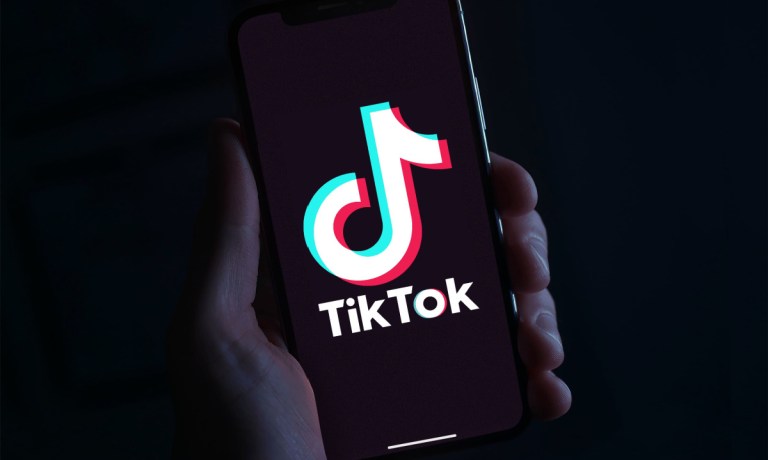NYC Blocks TikTok on Government Devices

New York City says TikTok is not welcome in its government buildings.
According to multiple published reports Thursday (Aug. 17), the city has become the latest government entity to ban the popular social media app on employee devices over possible security concerns.
NBC New York quoted a city spokesperson who said the ban came after the New York City Cyber Command concluded that TikTok “posed a security threat to the city’s technical networks,” giving city agencies 30 days to take the app off government-owned devices.
PYMNTS has contacted TikTok for comment but has not yet received a reply.
The ban follows similar measures taken at the federal level last year, when Congress included a provision outlawing TikTok on government devices in the spending bill.
A number of states have banned TikTok as well, such as South Dakota, where Gov. Kristi Noem accused the company of gathering data on behalf of China’s communist government.
“South Dakota will have no part in the intelligence gathering operations of nations who hate us,” Noem said in a news release.
Meanwhile, Congress has weighed a broader ban on TikTok, grilling company CEO Shou Zi Chew for several hours earlier this year.
Before the hearing, Chew sought to reassure legislators that TikTok would prioritize the protection of its young users, beef up its privacy and security measures, and guard against unauthorized foreign access to Americans’ user data.
“I understand that there are concerns stemming from the inaccurate belief that TikTok’s corporate structure makes it beholden to the Chinese government or that it shares information about U.S. users with the Chinese government,” Chew said. “This is emphatically untrue.”
As noted here earlier this year, a ban on TikTok would likely hurt brands and retailers that count on the app to reach consumers.
“Not only would brands and retailers lose their established presence on the platform, as many companies have invested time and resources in creating TikTok content to reach a younger audience and drive engagement, they would also lose a connection that TikTok has built a following on — authenticity,” PYMNTS wrote in March.
Content that performs well on TikTok tends to lack flashy production values, instead making viewers feel like the person they are watching is in the same room, a valuable dynamic for brands and retailers.
In addition, a ban on TikTok would drastically upend the influencer marketing space, as many brands form partnerships with popular creators to promote their products.
“In 2022, the influencer marketing industry reached $16.4 billion, and 67% of brands and retailers reportedly intend to increase their influencer marketing spend in 2023, while 23% plan to spend more than 40% of their marketing budget on influencer marketing,” PYMNTS wrote.